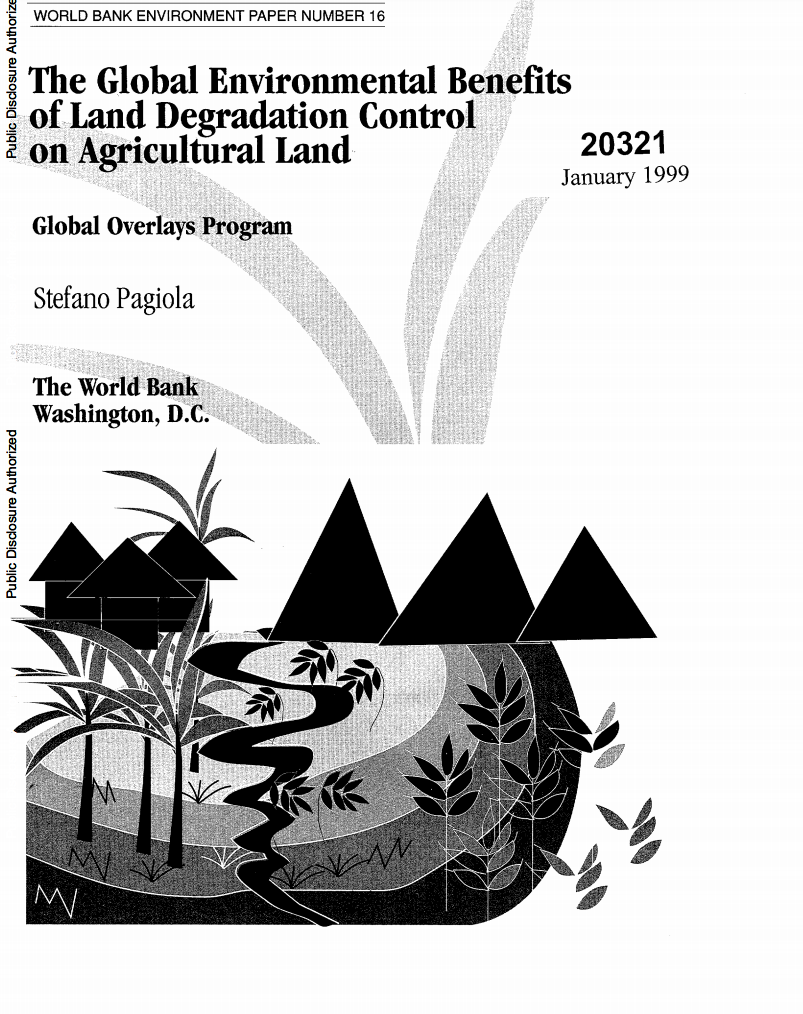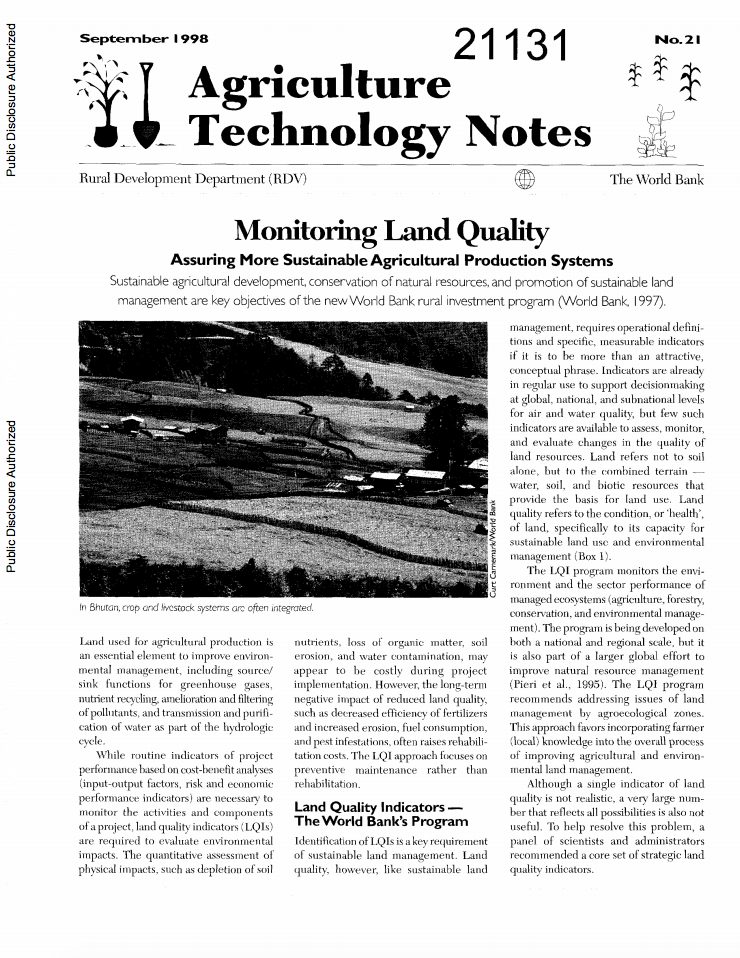Celebrating International Women's Day in the context of Land Tenure
Remarks by Gregory Myers, during negotiations for the Voluntary Guidelines for Responsible Governance of Tenure of Land, Fisheries, and Forests on March 8, 2012 Ministers, Excellencies, honorable representatives of member countries, civil society participants and guests: This morning we begin our session with recognition of International Women’s Day. Each year the United Nations declares an International Women's Day theme.




